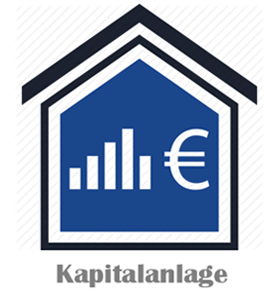- INNOVATION CENTER
- German College Campus
- BECO furniture
- New projects by BECO Germany
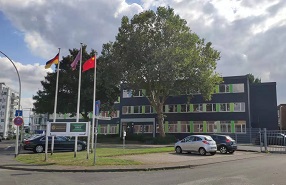
The Innovation and Bilding center, located in Frechen city, in Cologne administrative region in the southwest of NWR, is based on Elisabeth Street No.2 and covers an area of more than 3000 square meters. The center of the main building consisting of 3 floors and a semi-underground layer, which is designed to accommodate offices as well as housing and can also be used as business premises.Close to large grocery stores and shopping centers, the center combines good business and living conditions, as well as medium population density and superior infrastructure to make it the preferred location for businesses.

GERMAN COLLEGE CAMPUS
Located in Kölner Str. 33 in the city center of Frechen, at the western Cologne city border in the northwest of North Rhine-Westphalia, The Education Center covers an area of about 5,000 square meters. The project is a four-story residential building developed and constructed by our group in an ideal location right next to the historic train station. The three main buildings are connected by two annex buildings. The four stories of the building are divided into different functional areas through its well-thought-out scientific design, in order to meet the needs of various kinds of education, business and living requirements.
The construction of the property was already completed in April 2020. Soon thereafter, the Part C of the object was handed over to the University of Applied Sciences for SMEs (FHM, Campus Frechen) and was put into operation in June 2020. The project provides targeted education, training and further study activities for minors and adults. In cooperation with national and international universities and research institutes, we provide quality education services in various fields such as new engineering, architecture & real estate, fashion and health management, and provide different forms of educational advisory services to promote the cultural exchange between China and Germany.
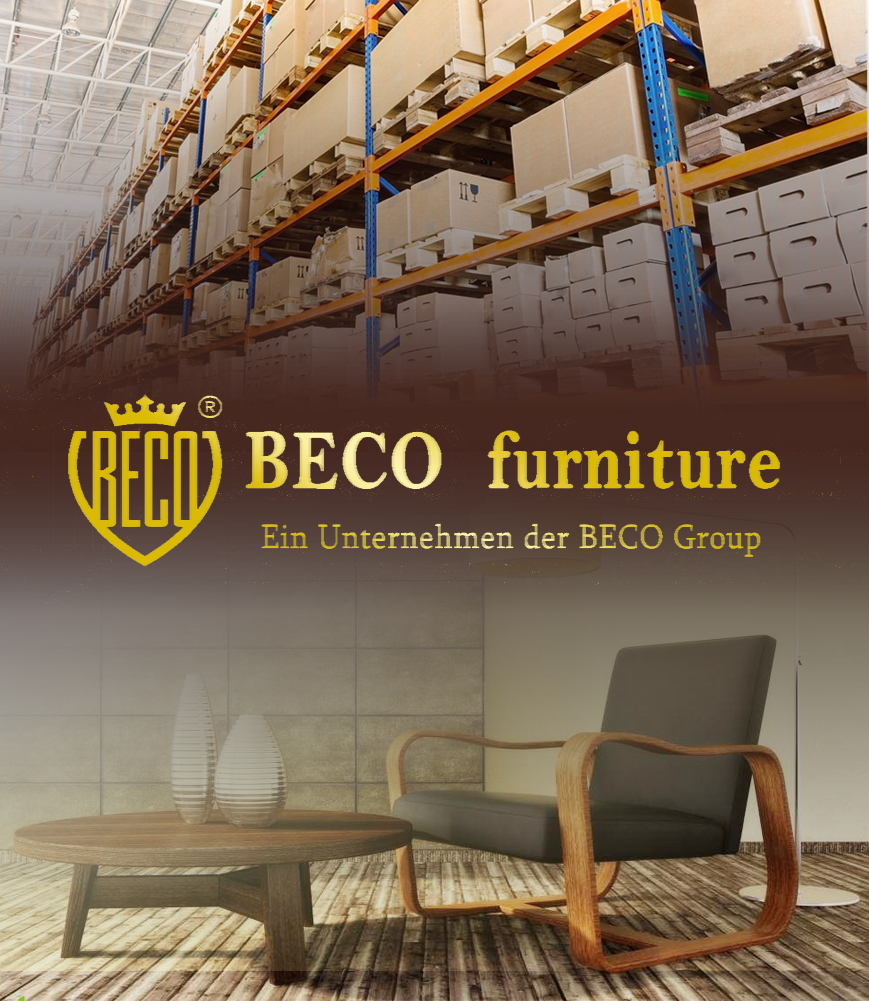
BECO furniture
address:Frechen,NRW,Germany
Project Overview: In a large exhibition hall built on a 4000 square meter lot in Europapark industrial park in Frechen that is open all-year round, customers are able to view samples of Chinese furniture from leading manufacturers who are looking to expand their business to Germany.
This furniture center was built by BECO Group in order to enable purchasing agents from Germany and Europe to examine the displayed furniture, order it and take samples items for further quality testing.
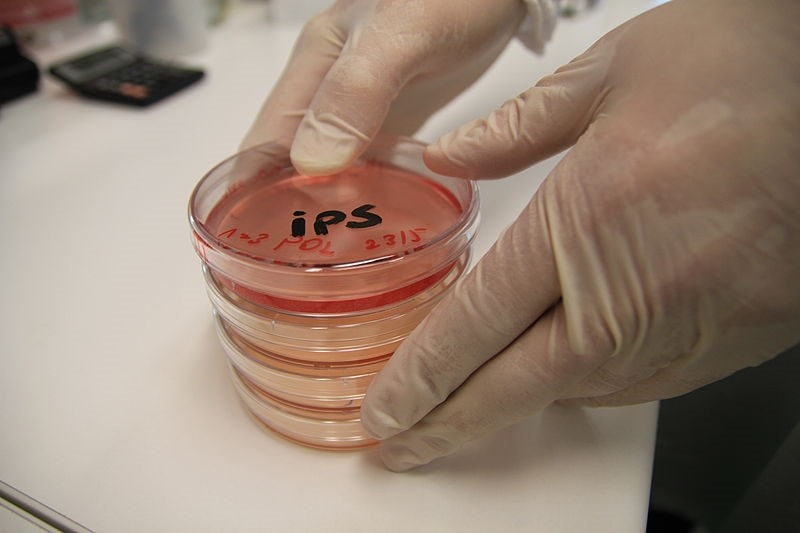
Research project: Induced Pluripotent Stem Cells
The study of induced pluripotent stem cells (hereafter referred to as iPSCs) is considered one of the most valuable studies of the present. IPSCs are already being used as a treatment for myocardial infarction, heart failure, diabetes mellitus, Parkinson's disease, etc. They’ve already shown their good market prospects and tremendous development potential in areas such as scientific research, clinical medicine, industrial applications and particularly pharmaceutical industry, cosmetic industry and food industry.
The German project leader Prof. Dr. med. Jürgen Hescheler, Managing Director at the Institute for Neurophysiology of the University Clinics in Cologne, is considered one of the leading stem cell researchers in Europe. He founded the German Society for Stem Cell Research and is its president. Now he is a lifetime German governmental scientific consultant dedicated to the EU's largest and highest official science and technology program and research framework program, where he is appointed chief scientist in stem cell research. He is also one of the main founders of the largest stem cell project in Europe EPFIA. He first grew stem cell functional muscle cells, which led to his key role in stem cell research. Its significant discovery in this area lays the foundation for further research and application in the stem cell area.
Compared to traditional stem cells (embryonic stem cells or umbilical cord blood), iPSCs have advantages in extraction and storage. The iPSCs used in this project are generally considered to have essentially no ethical issues under strict control of the framework of the European Genetic Engineering Act. The content of pure stem cells in umbilical cord blood is very low and complicated to extract. The iPSCs extracted from traditional cells are highly purified and provide the best stem cells for the isolation of various functional cells. It is beneficial to keep healthy iPSCs at an early age in order to isolate the required functional cells. Everyone has the opportunity to create and keep their own iPSCs. If required, iPSCs can be cultured in heart cells, liver cells, nerve cells and other functional cells. In addition, iPSCs undergo complex isolation and controlled culture, eliminating the possibility of the unwanted genes. The retention period of umbilical cord blood has not expired over a long period of time, but iPSCs can be stored at any time whether donated by infants or adults and kept in a timely manner.

Phase 1: Production and marketing of iPSCs and their substrates
First, iPSCs are produced from human body cells and are re-stimulated in certain body cells, including heart muscle cells, liver cells, nerve cells, etc. After cell division into substrates, desired tissues and organs have been created which are sold to companies and institutes for later research.
Potential customers: 1) industrial companies such as biopharmaceuticals and toxicity tests; 2) cell banks; 3) research facilities in the field of stem cell therapy.
Phase 2: Construction and operation of the stem cell bank
Compared to the umbilical cord blood bank, an iPS cell bank asks for many significant benefits. In view of the growth of population, economy and health consciousness, an iPS cell bank in China is having excellent market prospects. The project will be carried out in collaboration with the European stem cell bank EBiSC in order to promote the establishment of the Chinese stem cell bank. In addition, the cost of iPSCs is higher than that of umbilical cord blood because of more complicated processing, which can result in a significant profit.
Phase 3: Clinical application and marketing
There is a bright future for iPSCs. In the 1990s, Prof. Hescheler bred heart tissue produced by iPSCs as a transplant in animals to cure heart attacks. Similarly, the brain has also been repaired in animal studies, which is considered to be an effective cure for the treatment of Parkinson's disease-related epilepsy or brain tissue loss caused by tumor surgery. In addition, future incontinence of elderly patients, systemic lupus erythematosus, infantile cerebral palsy, end-stage cirrhosis, optic nerve hypoplasia, graft rejection, etc., are expected to become curable in stem cell therapy.
Immobilien
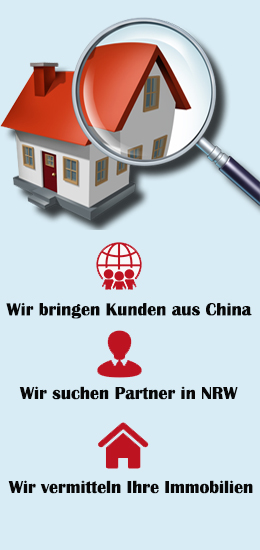
- All
- Consulting
- Investment
- Real Estate
- Default
- Title
- Date
- Random
Partner
- 1
- 2








